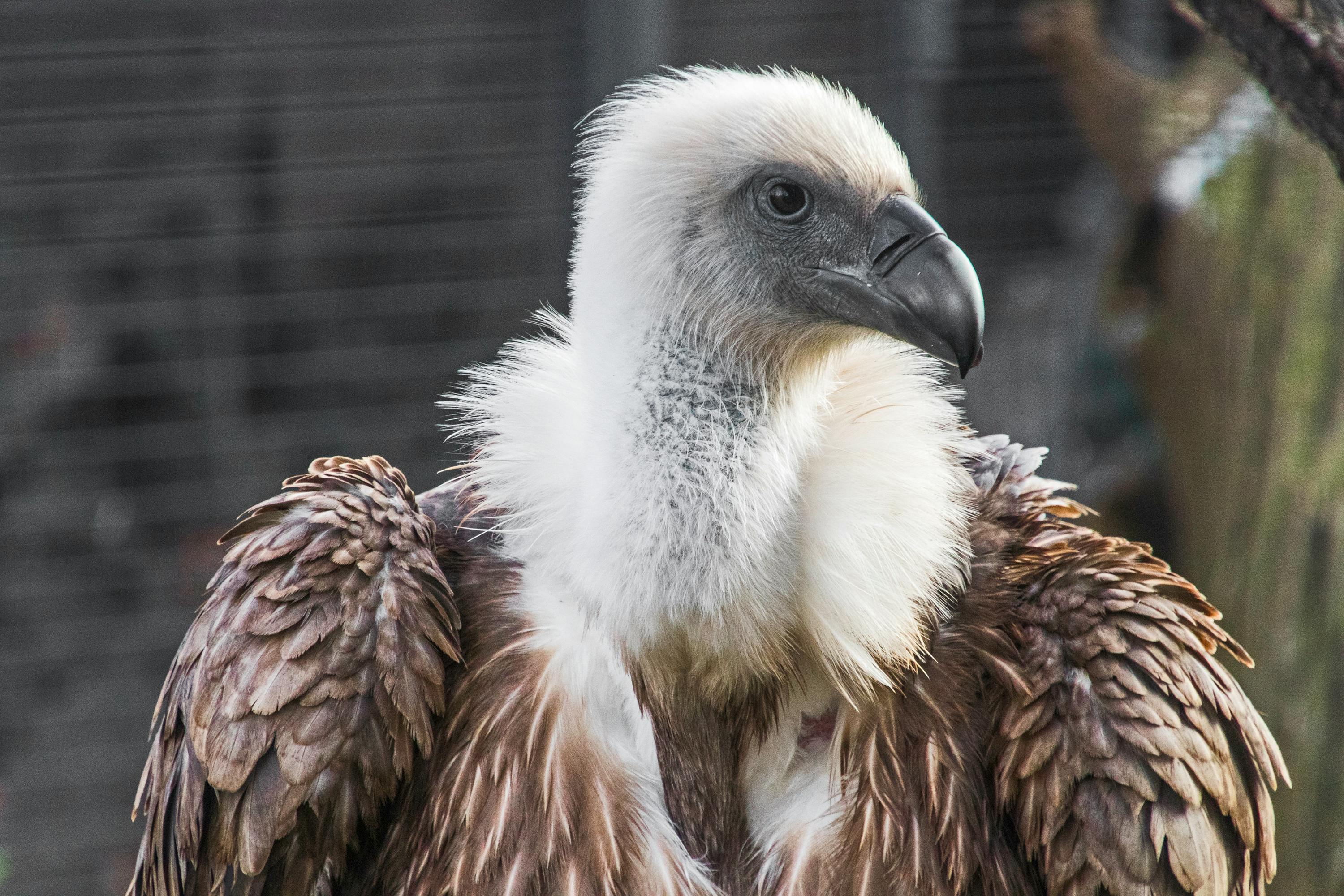Introduction:
Often misunderstood, vultures play a crucial role in our ecosystem. These scavengers are nature’s cleanup crew, preventing the spread of diseases by consuming carrion. Let’s delve into some lesser-known facts about these remarkable birds.
1. Nature’s Sanitation Workers

Vultures have an exceptionally acidic digestive system (pH ≈ 1.0), allowing them to safely consume decaying meat riddled with harmful bacteria like anthrax and botulism.
2. Bald Heads for Hygiene
![]()
Their featherless heads aren’t just for looks; this adaptation prevents remnants of their meals from sticking, reducing the risk of bacterial infections.
3. Global Distribution with Evolutionary Differences
![]()
Vultures are categorized into Old World (Africa, Asia, Europe) and New World (Americas) species. Despite similarities, these groups aren’t closely related, having evolved similar traits independently—a phenomenon known as convergent evolution.
4. Incredible Soaring Abilities
![]()
Some vultures boast wingspans up to 10 feet, enabling them to soar effortlessly for hours while searching for food.
5. Unique Cooling Mechanism
![]()
To regulate their body temperature, vultures practice urohidrosis—urinating on their legs. This not only cools them down but also kills bacteria they’ve picked up.
6. Bone Specialists
![]()
The bearded vulture’s diet consists of up to 90% bone. They drop bones from great heights to shatter them into manageable pieces before consumption.
7. Silent Communicators
![]()
Lacking a syrinx (voice box), vultures communicate through hisses and grunts rather than songs or calls.
8. Cultural Significance
![]()
In ancient Egypt, vultures symbolized protection and motherhood, often depicted in art and associated with the goddess Nekhbet.
9. Conservation Concerns
![]()
Many vulture species face threats from habitat loss, poisoning, and collisions with human-made structures, leading to significant population declines.
10. Vital for Human Health
![]()
By consuming carcasses, vultures prevent the spread of diseases to humans and other animals, highlighting their importance in maintaining ecological balance.
